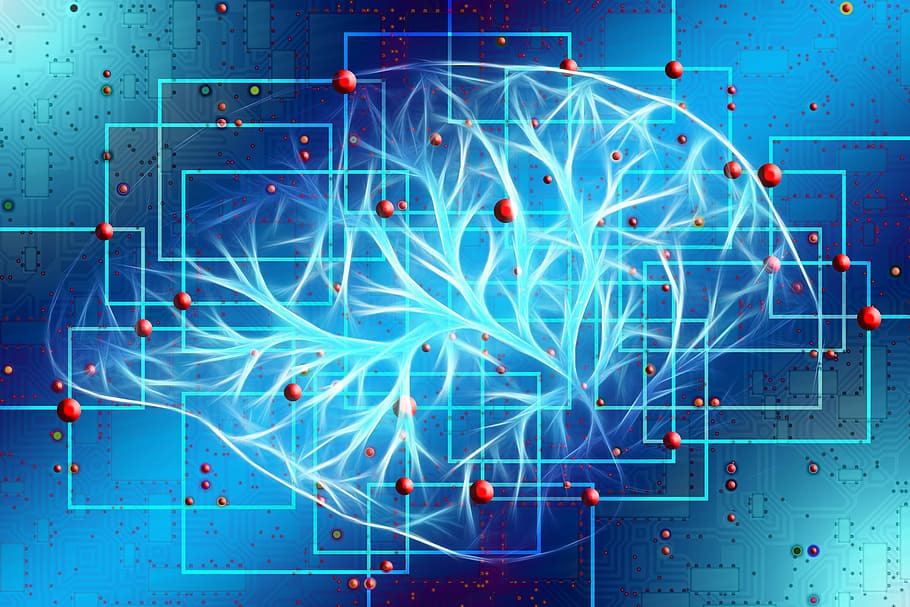Computer science and engineering are ideal career paths for many people to learn and pursue. These fields have many similarities but also different aspects.
Is Computer Science Harder Than Engineering?
Yes, computer science is much harder and more complex than engineering because of many different factors.
At many colleges, you will have to get good results on the entrance exam to be able to become an engineering student. Yet, this score will be lower than in the data and computing-related areas.
Moreover, you will also need to put in more time and effort to get a computer science degree. The knowledge that a computer science student needs to learn is also many times heavier in 4 to 5 years.
You will face advanced modules and complex knowledge in computer science courses. Students have to take Math-related classes with higher output needs.
In addition, extra training programs in electronic techniques will also be a significant barrier for those pursuing computers.
A computer scientist must know about hardware, software, and how they work. Processing data and running AI apps are also skills that students need to know.
So, computer science is far more complex and challenging than engineering.
Key Differences
Computer science delves into this device structure in all its aspects. Meanwhile, engineering includes fields that focus on physics and life practice. In detail, these two areas come with clear likenesses and gaps that you must be aware of.
First, math and physics knowledge are needs that learners must meet to pursue both fields. Besides logical thinking, problem-solving and circuit handling are also other crucial skills.
These modules will support learners with the background knowledge to create and handle their work better in the future.
In contrast, computer science and engineering have many differences. While engineering focuses on physics, computer science focuses on math and coding.
| Computer Science | Engineering |
|---|---|
| Focus on math and coding | Focus on physics and hands-on practice |
| Need advanced math knowledge | No need for too much math theory |
| Coding is a must subject | Coding is an elective course |
| Interested in software and theory | Focus on system design and build |
| Jobs: Data scientist, analyst, software engineer, coder, and machine learning expert. | Jobs: System analyst, systems engineer, tester, logistics expert, and robotics expert. |
Why is Computer Science Harder?
I will go into detail about its required modules so that you know why it is such a challenging and complex field.
1. Math

You cannot become a computer scientist without deep math knowledge. The learning programs focus on advanced math, the hardest to learn and practice.
Good coders and scientists all need strong logical thinking and problem-solving. Of course, learners can only hone these skills through this ability faster than through math courses.
Many students find it hard to follow because of the heavy and complex calculus knowledge. Linear algebra also presents great challenges for beginners.
The basis for computer science is math. You won’t learn physics, coding, and even electronics without a solid math background.
2. Physics
Physics is also an important area for computer scientists. Most universities require computer science students to study Physics.
At first, learners may feel that these modules are simpler than the ones that engineering students have to learn. Yet, when you reach your final year, in-depth courses requiring you to practice your physics knowledge will be challenging.
Also, optics will be a crucial background for students to progress to electronics. These modules are a chance for scientists to work with hardware.
3. Programming
Next, mastering at least one programming language is crucial for a computer scientist. Coding can be an elective in many other fields but is required for computer science students.
Learners will have to master and hone how to use many languages. The most common ones that many experts pursue are Java, JavaScript, Python, C or C++.
Some students will love learning about data structures and handling. Also, machine learning and AI are areas where you must know when studying computer science.
Even colleges offer vision modules to help students easily find high-paying jobs and career paths after graduation.
4. Electronics
Most first-year students have to major in electronics. Although engineering students must also go through this major, the required results will be higher if you study computer science.
In this module, students must master basic circuit system models. They will learn the laws and assemble and repair many basic parts of circuits. The easiest ones are usually integrated circuits, diodes, resistors, and transistors.
Besides, learners must know how to analyze circuit systems using algebraic knowledge. In particular, a student pursuing this field needs to learn how to code each circuit’s part.
5. Abstract Thinking
In computer science, abstract thinking is a concept that involves breaking down a high-level problem into smaller pieces.
It creates a shift so that learners focus on solving each basic problem and ignore unnecessary points, making it easier to unravel complex issues.
Yet, this mindset is not easy to practice in real projects. So, newbies may find it challenging to apply the theories. Abstract thinking is also helpful in handling models to real-world frameworks and forms.
Conclusion
Although computer science is an open field, it will be more difficult for you to pursue than engineering.
Choose computer science to develop your career if you love math and are passionate about coding. On the other hand, if you don’t like the high logic subjects above, the path you should pursue would be engineering.
Good luck in choosing the right career for you!
